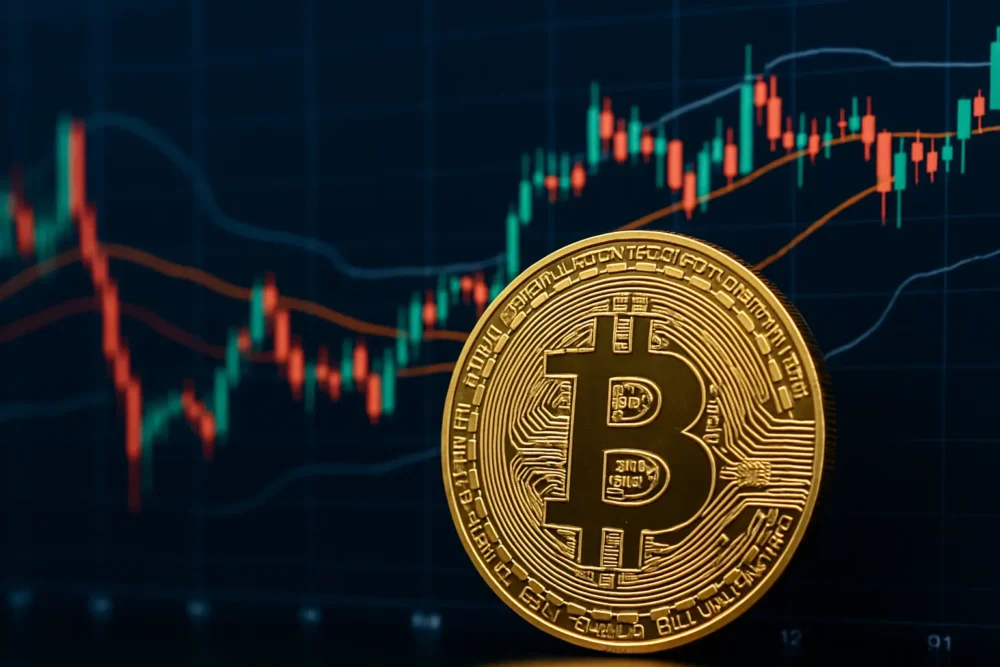Bitcoin’s ($BTC) mining revenue soared to unprecedented heights over the weekend. The seven-day moving average of miner earnings reached $68.28 million on 9 March, eclipsing the previous all-time high set in May 2021.
This increase in mining revenue coincided with Bitcoin’s price reaching a historic high of $72,711 on Monday. Although the price has slightly retracted from this level at press time, it has stabilised around $71,000. The top coin is up by over 8% weekly and has surged over 250% from the previous year.
This bullish momentum is largely attributed to the recent approval of spot Bitcoin exchange-traded funds (ETFs) in the United States. Additionally, the Bitcoin network’s transaction volume has reached an 18-month high, contributing to the ongoing bull run.
In response, miners have been rapidly expanding their operations, with 13 major Bitcoin mining companies placing orders for over $1 billion worth of mining rigs since last February.
Miners gear up for efficiency
In the face of increasing Bitcoin values and network activity, miners are investing heavily in new technologies and infrastructure to enhance their operational efficiency.
As reported by Bloomberg, CleanSpark Inc. and Riot Platforms Inc are leading the investment spree. They both have allocated $473 million and $415 million, respectively, towards the acquisition of advanced mining rigs.
These investments are aimed at improving the computational efficiency required for mining activities, thereby increasing the likelihood of earning Bitcoin rewards.
The drive for efficiency is not just about hardware but also involves securing cost-effective energy sources, as mining operations consume substantial amounts of electricity.
The pursuit of cheaper power is critical, as it directly impacts profitability. This has led to a surge in energy consumption among Bitcoin miners, with a record 19.6 gigawatts drawn last month, reflecting a significant increase from the previous year’s consumption.
The CEO of Hut 8 Corp., Asher Genoot, highlighted the importance of scale in mining operations. He pointed out that larger operations can negotiate better rates for machinery and energy, thereby driving down costs and enhancing overall profitability.
This scale not only helps in managing operational expenses but also in sustaining profitability in the competitive mining landscape.
MicroStrategy’s continued Bitcoin investment
Amidst the market’s dynamics, MicroStrategy has reaffirmed its commitment to Bitcoin, purchasing an additional 12,000 $BTC for approximately $821.7 million.
This acquisition increases its total holdings to 205,000 $BTC, underscoring the company’s long-term confidence in Bitcoin as an investment. MicroStrategy’s aggressive accumulation of Bitcoin reflects a broader trend among institutional investors who view cryptocurrency as a viable asset class.
The company’s strategy and the growing interest in Bitcoin ETFs, such as IBIT, which now holds 195,985 Bitcoin, demonstrate the increasing institutional and retail appetite for cryptocurrency.
This trend is further evidenced by the daily addition of around 4,000 Bitcoins to ETFs, showcasing the growing accessibility and attractiveness of Bitcoin investments.
Despite the market’s overall enthusiasm, global Google searches for “Bitcoin” remain below the peak levels of 2017. However, increased interest in regions like Nigeria and El Salvador suggests a varied landscape of adoption.
Moreover, the decreasing number of Bitcoins held on exchanges points towards a trend of long-term holding and a shift towards self-custody, indicating a bullish sentiment among investors.
The Bitcoin mining community is also preparing for the upcoming Bitcoin halving event, scheduled for 20 April. This event, which occurs approximately every four years, will reduce the mining reward from 6.25 $BTC to 3.125 $BTC per block.
Historically, halving events have led to increased Bitcoin prices due to the reduced supply of new Bitcoins entering the market. Miners are, therefore, gearing up for this change by improving their efficiency and securing their operations against potential revenue impacts due to the reduced block rewards.


